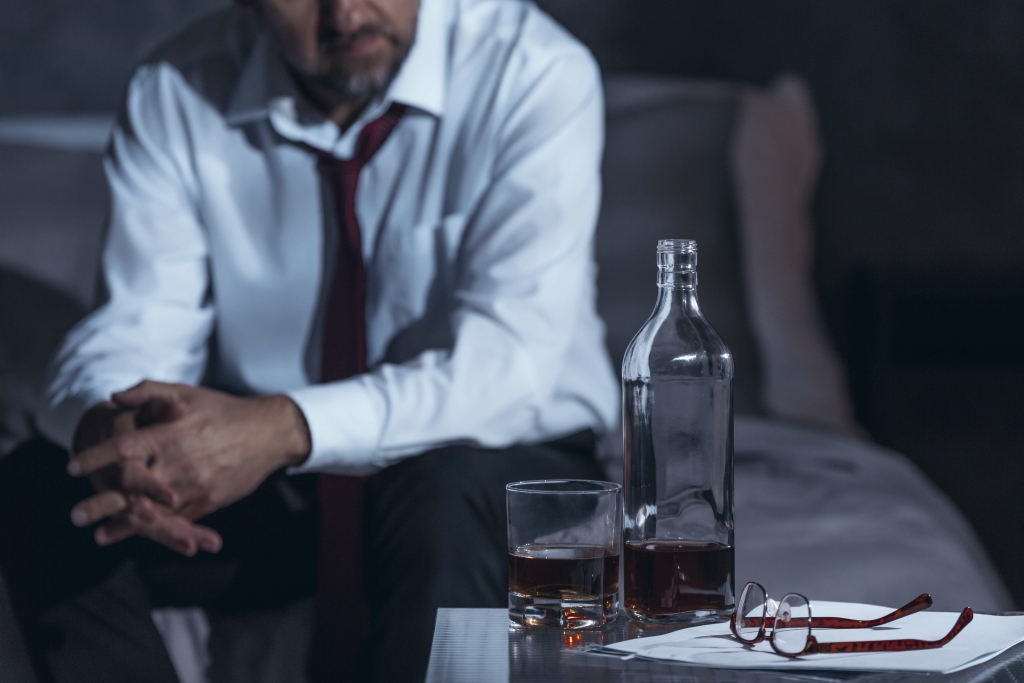If necessary, group leaders may need to provide individual support to affected members and mediate disputes to maintain a positive and productive group dynamic. Physical activity is beneficial for both mental and physical health. Organize group exercise sessions, such as yoga, hiking, or team sports. Fitness challenges, like step-count competitions, can motivate participants to stay active and healthy.
Relapse Prevention Workshops
For an added step, have the person answer a prompt and pass the prompt to a second person for an additional response or positive discussion. Keep reading to learn specific activities that can help your clients in a group therapy session. Being a part of a group can help establish a source of accountability for group members. Group sessions provide them with a set time within their routine to focus on their recovery. Group sessions can allow members to work through challenging emotions such as shame and guilt. Listening to what other members share can provide a sense of validation and normalcy for members who may have thought that they were alone, or wrong for feeling as they do.
What is a CBT Skills Group?
- The group leaders should regularly solicit feedback to understand participants’ interests and adjust activities accordingly.
- Humor can lift spirits and reduce stress, making it a valuable tool in recovery.
- Expressing gratitude can create a paradigm shift, helping participants focus on positive rather than negative thoughts.
- Each week, members share someone or something they’re grateful for, which can shift focus away from stress and reinforce optimism in recovery.
- If necessary, group leaders may need to provide individual support to affected members and mediate disputes to maintain a positive and productive group dynamic.
Drug rehab for couples offers a unique chance for partners to support each other. Music therapy is a powerful way to connect emotionally and creatively. Participants can play instruments, sing, or simply listen to music in these sessions. Story-sharing circles also build empathy and connection within the group.
Space-Themed Party Games for Galaxy Parties: A Complete Guide
Group storytelling and narrative therapy take the power of personal narratives to new heights. By sharing their stories in a structured setting, participants can reframe their experiences, identify patterns, and craft new, empowering narratives about their lives. This process not only helps the storyteller but also provides invaluable insights and inspiration for listeners.
As you become more experienced, you may enjoy seeing yourself and your team dance a favorite routine even more. While you dance, pay attention to your thoughts and feelings as well. The first person creates a simple beat, and the rest of the group follows suit, repeating the pattern and activities for recovery groups adding their embellishments. The next player repeats the pattern and adds something new, and the process continues until the individuals before them don’t repeat the pattern.
Write a Letter to Your Younger Self
They provide practical tools, encourage honest conversations to fight isolation, and build a brotherhood that keeps you accountable without judgment. When combined with evidence-based treatment and community support, recovery becomes natural. The empty chair technique is a powerful experiential therapy activity used to help individuals express feelings toward people, situations, or even parts of themselves.

Activity 1: Art Therapy Workshops

Story-sharing circles are one of the most useful recovery group activities that encourage members to tell their stories. This activity fosters openness and transparency and is an important part of the healing process. Participants can confront their problems from a different point of view and become less lonely in their everyday lives. If you or a loved one is looking for substance abuse treatment, you can find it today.
- Help group members who might be struggling with this by brainstorming affirmations for them.
- Recovery group activities are an essential component of addiction recovery.
- Recovery group activities can equip you with techniques and skills to handle stress, which is a known trigger for drug and alcohol abuse.
- By recognizing these triggers, participants gain insight into their vulnerabilities and can develop proactive strategies to avoid or cope with these situations.
- They promote self-care and provide healthier ways to cope with triggers and cravings.
The group discusses individual goals, offers feedback, and provides encouragement. This activity helps individuals break down their recovery journey into manageable steps and provides direction and motivation. They provide accountability and support, and hearing about the progress of others can be encouraging, while sharing personal challenges allows for guidance and empathy. This activity reinforces the idea that recovery is a shared process, with each person playing a role in the support network. Here are some great examples of group activities commonly used in addiction recovery programs. Each is designed to help participants explore their emotions, build coping skills, and enhance their sense of community.

Benefits of Relapse Prevention Group Therapy Activities
Pass out pieces of paper with drawings of a large bottle on them, with two lines drawn across the bottle to create three different layers inside. Make it clear that participants do not have to share anything they write, so they’ll feel free to explore potentially surprising emotions. Encouraging ongoing participation and support is crucial for long-term success. Recovery is not a destination but a journey, and these innovative group activities provide waypoints and rest stops along the path. They offer opportunities for growth, connection, and self-discovery that extend far beyond the initial stages of sobriety.
After each scenario, invite them to share which strategies felt most authentic, which felt challenging, and what they might do differently outside of group. This debriefing process transforms the exercise from a simple rehearsal into a meaningful opportunity for insight, self-awareness, and peer learning—key components of sustained recovery. Humor can lift spirits and reduce stress, making it a valuable tool in recovery. This session encourages members to share funny stories, reminding them that joy and laughter are essential to life and can help lighten difficult moments. Journaling provides a safe outlet for self-reflection and emotional processing.
Relapse prevention group therapy is a powerful tool that can support your journey to lasting sobriety by creating a strong sense of community and accountability. Group activities are an opportunity for you to connect with others who have faced similar struggles. They are typically led by group leaders who are mental health providers or have been trained by mental health professionals. The goal of these groups is to bring together people who have gone through similar challenges and create a safe environment for personal growth and development.
Both AA and NA support groups are based on a 12-step program that emphasizes personal growth, accountability, and spiritual development. Meetings are typically held regularly and are accessible in various formats, including in-person, online, and hybrid sessions. Members are encouraged to attend meetings regularly, work through the 12 steps with the help of a sponsor, and support others in their recovery Drug rehabilitation journey. The meetings usually begin with a welcome and a reading of foundational texts, such as the AA “Big Book” or NA’s “Basic Text,” which outline the principles and steps of recovery.